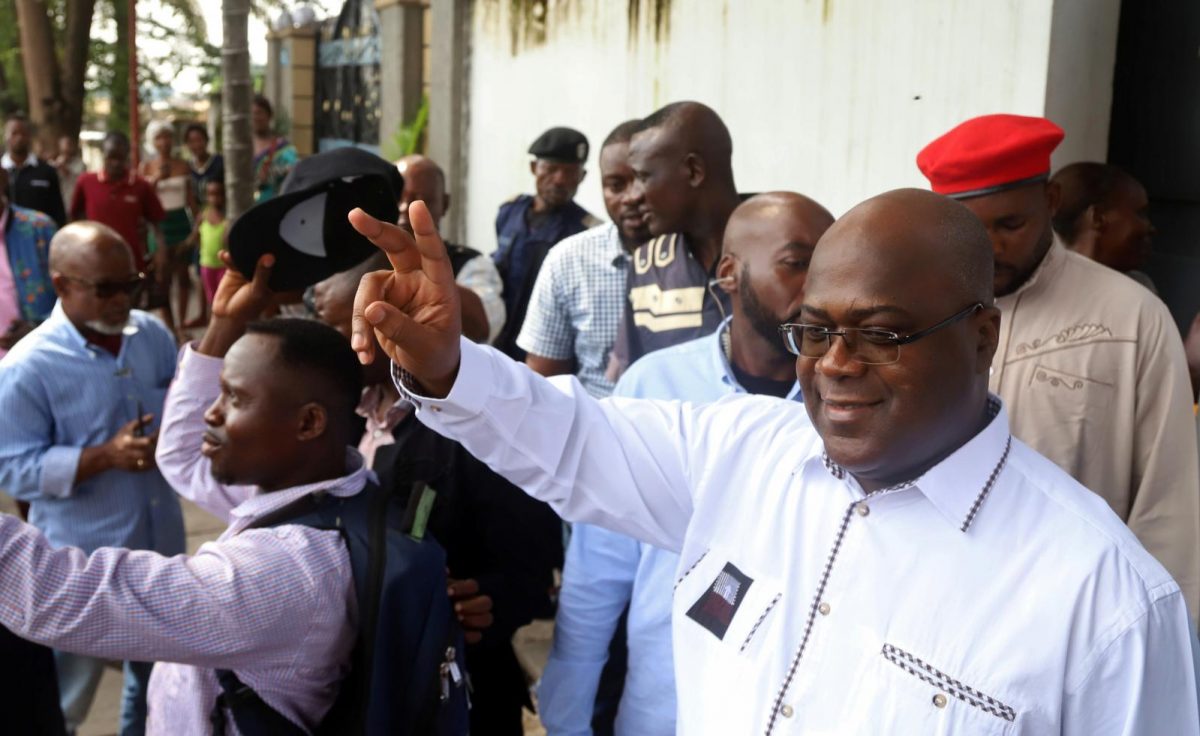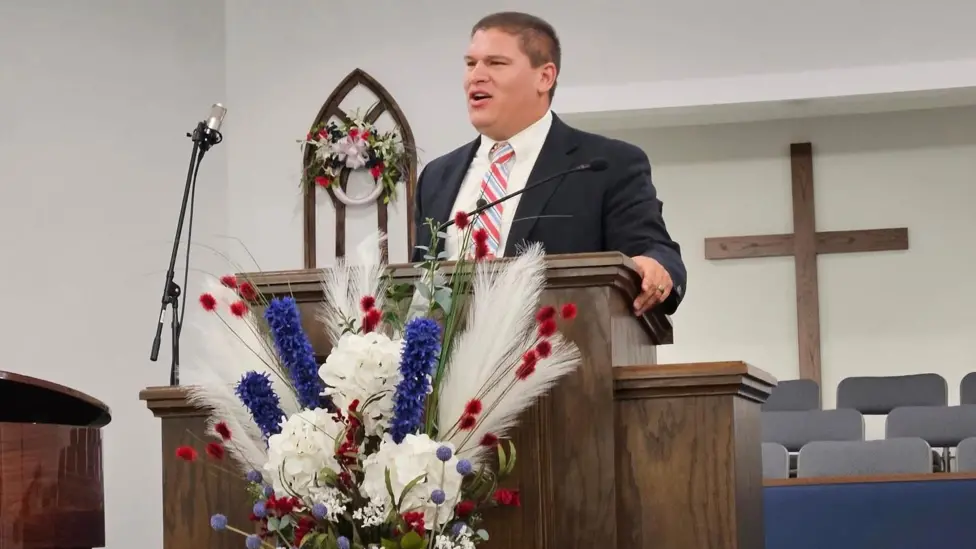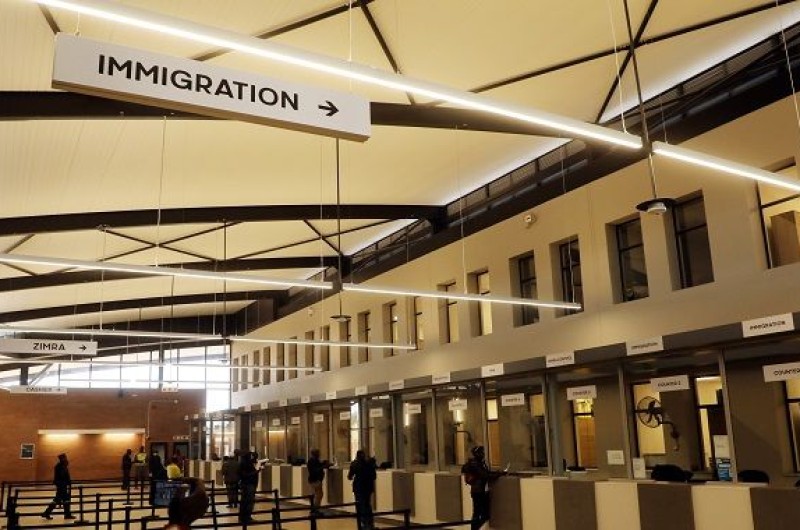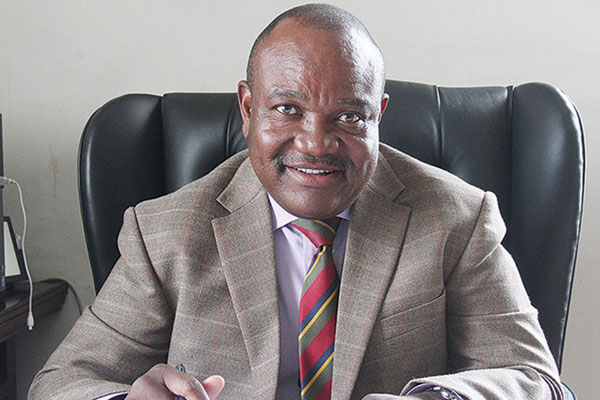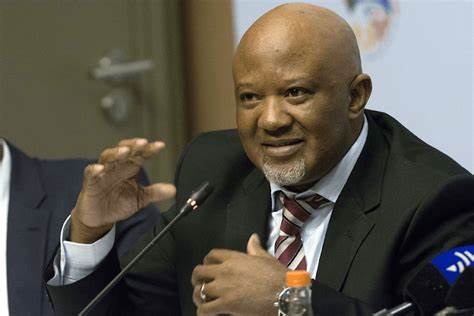KINSHASA, Democratic Republic of Congo – A Congolese presidential candidate’s representatives have met with outgoing President Joseph Kabila’s camp to ensure a peaceful transfer of power, they said on Tuesday.
Kabila’s camp denied any such meetings had occurred since the Dec. 30 election, for which provisional results are expected this week, but supporters of another candidate, who led opinion polls ahead of the vote, said they feared the government was maneuvering to squeeze him out of contention.
Members of opposition candidate Felix Tshisekedi’s campaign said they spoke with representatives of Kabila’s hand-picked candidate, Emmanuel Ramazani Shadary, in meetings aimed at promoting national reconciliation.
Kabila and Tshisekedi “have an interest in meeting to prepare for the peaceful and civilized transfer of power,” Jean-Marc Kabund told a news conference at which he said Tshisekedi was the “presumptive winner”.
Tshisekedi’s spokesman, Vidiye Tshimanga, later said Kabila and Tshisekedi had not met personally since the election but that their representatives had convened several times.
Barnabe Kikaya Bin Karubi, a spokesman for Shadary and one of Kabila’s senior advisers, denied there had been contacts with Tshisekedi or his representatives.
Supporters of Martin Fayulu, the opposition candidate who had a healthy pre-election poll lead, have voiced suspicions Kabila may be looking to negotiate a power-sharing agreement with Tshisekedi if his preferred candidate, Shadary, loses.
Fayulu and six other presidential candidates issued a statement on Tuesday saying: “the electoral results cannot be negotiated and under no circumstances will we or the Congolese people accept such results”.
In a tweet, Fayulu’s Lamuka coalition also criticized Tshisekedi for saying in an interview with a Belgian newspaper this week that Kabila deserves praise for agreeing to step down.
Kabila is due to leave office this month but his refusal to go when his mandate expired in 2016 sparked protests in which security forces killed dozens of people.
“Falsifying the history of Congo by attributing to Mr. Kabila a false role in the advent of the (democratic) transfer of power would be an insult to the memory of all our martyrs who died for democracy,” it said.
URGENT MEETING
The election is meant to bring about Congo’s first democratic transition in 59 years of independence, but a disputed result could trigger the kind of violence that erupted after 2006 and 2011 elections and destabilize Congo’s eastern borderlands with Uganda, Rwanda and Burundi, where dozen of militia groups are active.
The streets of the eastern city of Goma were deserted on Tuesday evening after a rumor spread that the results were about to be announced. The election board has not given a date for the release of results, which have already been delayed past Sunday’s deadline.
Zambian President Edgar Lungu’s office said he was traveling to South Africa on Tuesday for an “urgent consultative meeting” with President Cyril Ramaphosa about the election.
Domestic observer mission SYMOCEL said on Tuesday it witnessed 52 major irregularities, including people tampering with results, in the 101 vote counting centers it monitored. There are 179 counting centers tallying the vote across Congo.
Its findings, and those of a Catholic Church observation mission that noted significant irregularities, are likely to fuel complaints about the outcome once it is announced, although regional observers said the vote went “relatively well”.
In its own news conference on Tuesday, the ruling coalition accused Fayulu’s campaign and Catholic bishops of trying to stoke post-election violence.
Last week, the bishops said they knew the winner of the election, a declaration widely seen as a warning to authorities against rigging the vote.

